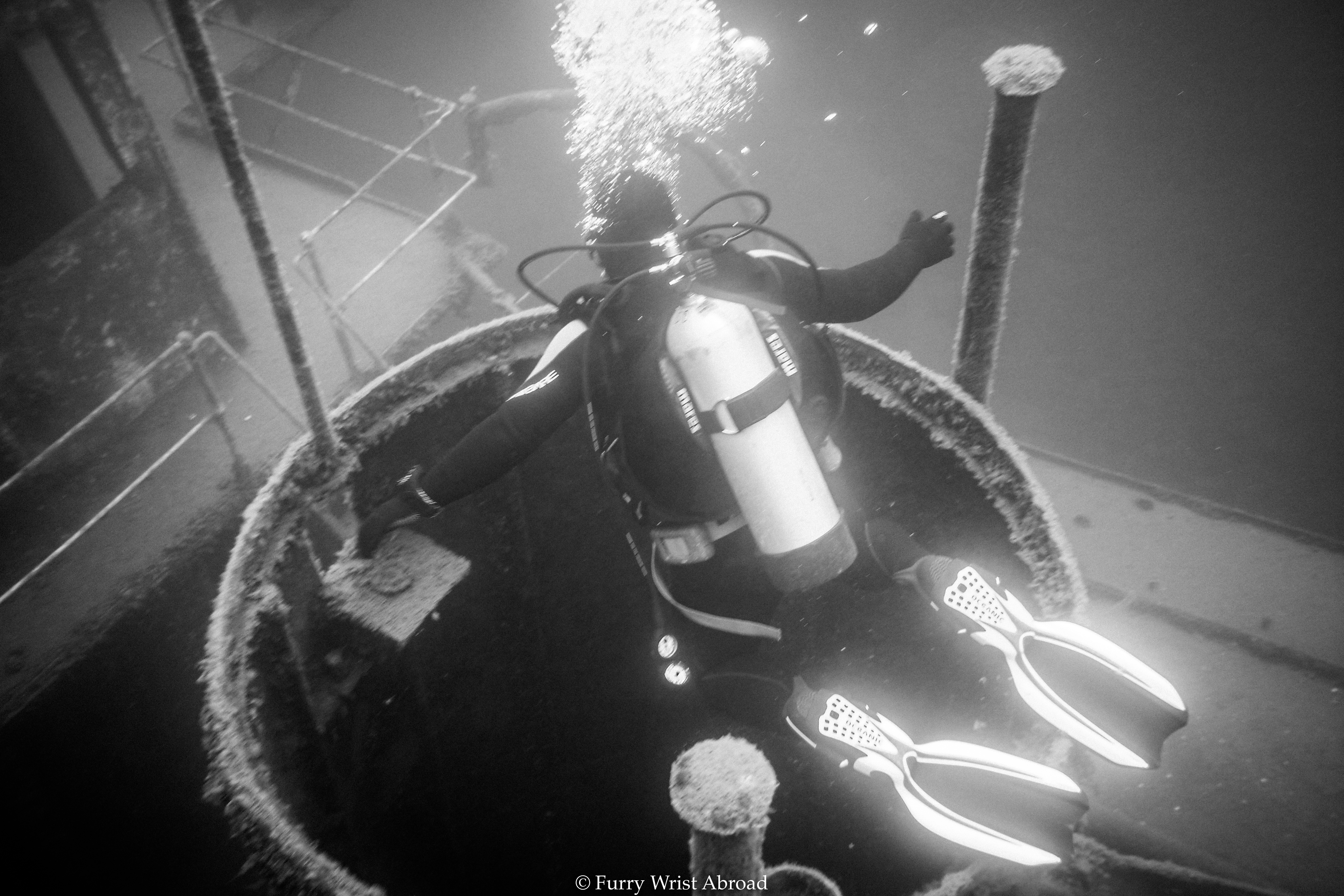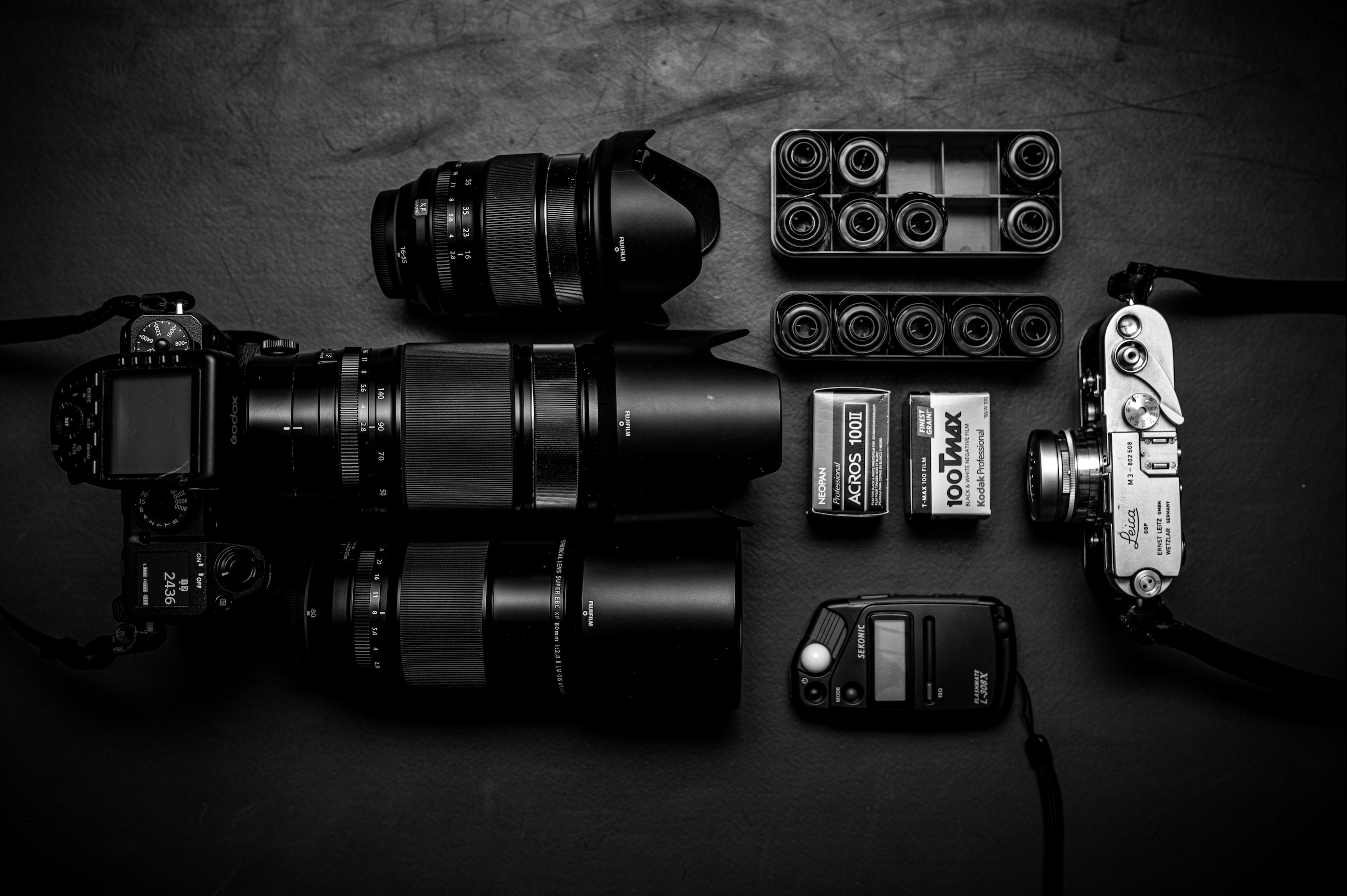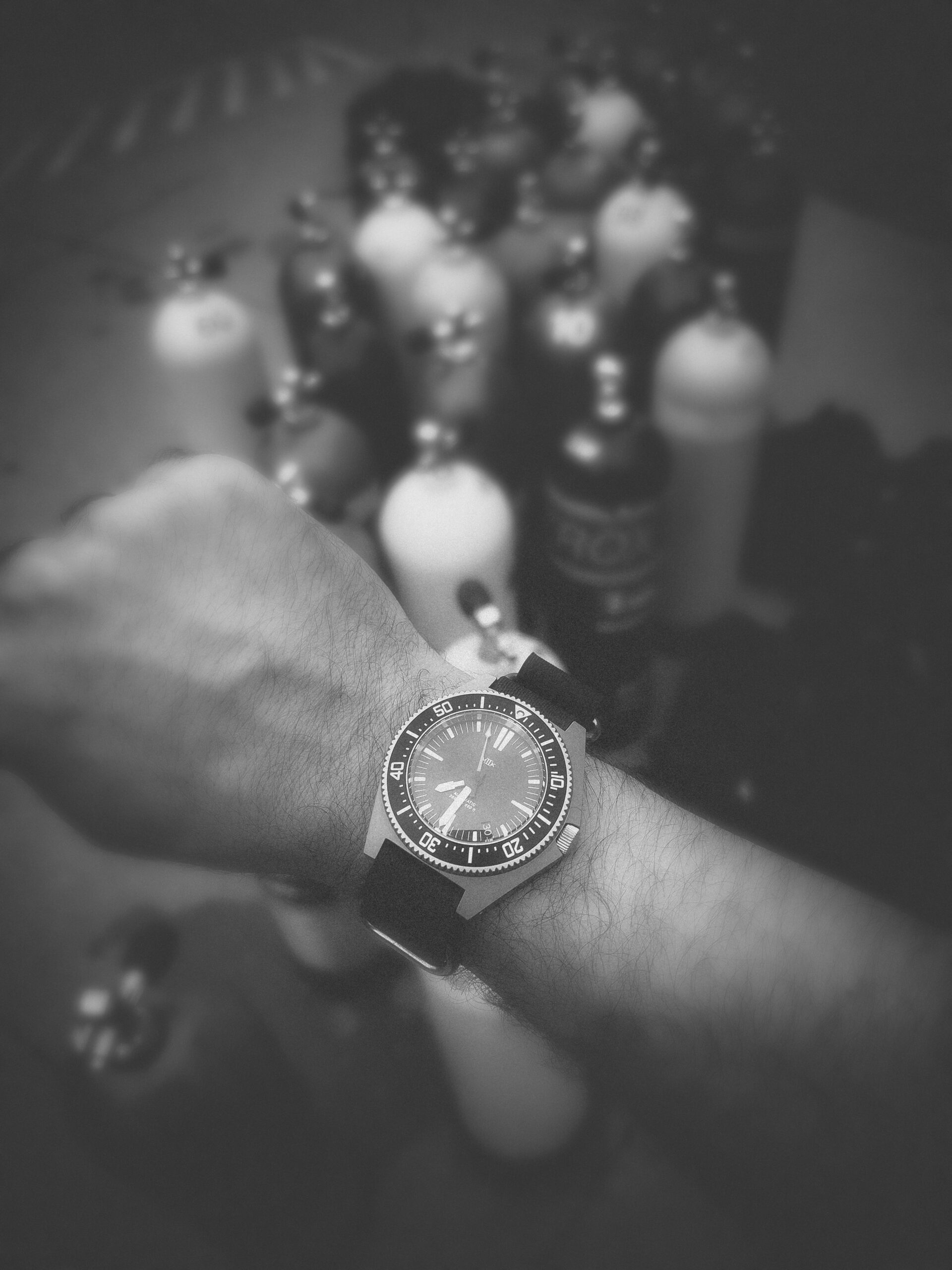1,539 words
Note: For the purposes of this article, we will be using the profession of being a photographer as our primary example. This is due to it being the most common option pursued by those whose discussions led to this article and because the business model of this profession is clear and offers plenty of examples that are easy to relate to.
Whether one should turn their beloved passion and hobby into a line of income has recently become a prominent discussion in many circles. This comes as the extra skills that many built during their free time as the pandemic rolled on, now having to compete with the demanding schedules that we now once again deem as normal. The pre-pandemic cultural push of having a side-gig is also prominent as it gains factual momentum as the costs of living continue to rise. Those who usually found themselves insulated from such market forces, you know them as the middle class, now find themselves having to make difficult decisions that they once thought were below their stations. The issue for most is that the pressure to monetize our spare time increased to the point that it, too, became normalized in many circles. The focus here is to recognize whether that pressure is one born out of necessity or out of cultural norms.

Are you tempted to turn that cherished hobby into a line of income? Well, there is a lot more to consider than you may think.
To begin the conversation, we will go over some of the basic consequences that may not be apparent to those who are thinking about making their hobby a source of income. The first and most obvious is that they risk their hobby being tainted by it becoming a business. Second, the realities of working in a creative field are not the same as those who are coming from the typical office or retail work. Third is that there are inherently some risks of devoting your spare time towards an additional job. Lastly, we discuss the sacrifices one makes in going down this path and how it may not be worth it.
Reality Crashing Down on Romance
The surge of dopamine that we experience while pursuing a hobby at a near or actual professional proficiency is downright addictive. Thus, when considering the above, the sourcing of one’s hobby into an additional source of income is very attractive for many. The realities of having a small business are something that people usually do not think through before they start down the path of turning their passion into a paycheck. One must take into account that starting a numbered company, the tax implications of potentially tipping into another tax bracket, and most importantly, dealing with clients.
In every line of work, we come across clients, customers, coworkers, and bosses who, to put it bluntly, are incompetent and driven by their insecurities. This usually results in many issues that thorough communication cannot solve. Whether it be due to a lack of capacity (aka a moron), poor character (aka an asshole), or someone who is unstable (aka someone with an unchecked or undiagnosed pathology), these humans will most certainly show up and make your life miserable. If you have not drawn up a solid contract, you leave yourself open to lawsuits, and even if you had had the opening consultation recorded (something that is legal here in Ontario, Canada), you can still be sued. This will literally end your passion for your hobby.
This is when one’s hobby can become “tainted” or contaminated by the pressures of work. I have had discussions with many people who had come from a field such as photography, only to leave it for this reason. It is one thing to go into a field of work knowing that it will be a monotonous endeavour that will slowly eat away at your soul, but to have this in a field where you are pursuing a passion is another thing entirely. Camera stores and musical instrument shops are lined with salespeople with master’s degrees in their respective fields who refuse to work as photographers or performing musicians. There is one other detrimental factor that most people are unaware of as well.
As an Artist, the Only Person Who You Should Not Fail is Yourself
The battered paths beaten by artists are nothing but compacted dust that is blown away even before the artists raise their feet…
I wrote that sentence above when discussing this topic with a close friend. He, like many, was asked by his significant other to start making money from his photography and to make it a side gig. As we discussed the many pitfalls of doing so, he, as an accomplished engineer, was not entirely aware of one factor that artists face. This is the certainty of failure at a much higher rate than what someone who works at an office would experience. Whether it be through constant rejections at auditions, having one’s creative work rejected by clients who know next to nothing about your work, or the fact that when competing for clients, one’s talent or quality of work is often not the criterion which they are hired. If one decides to make their creative passion into a revenue stream, they should be aware of the elevated rejection and failure rates and remain grounded in the quality of their work.
This is especially true of performing arts, and why you do not see as many middle-class 9-5 workers turn their passion for the guitar into becoming a concert performer or even someone who plays at small bars every night after work. Performing artists need a level of dedication to their craft and a level of fortune to be healthy enough to play an instrument, athleticism for dance, or even be a stage actor. This is something that requires training from an early age and is not something that one can deploy the soft skills that they picked up during their undergraduate degree or from various aspects of their lives over the years.
For fields such as photography, graphic design, and even writing, one can shift into these fields without needing to dedicate every waking moment and one’s diet. But, like performing artists, they should have skin thick enough to be unjustifiably humiliated by those around them.

Contracts, insurance, gear depreciation, tax brackets. People must consider the above when turning their hobby into a job.
When it Makes Sense to Monetize One’s Hobby
It is easy to be discouraged from reading the paragraph above and not to bother monetizing your hobby. If this is the case, then you do not have the reliance to make it work. However, there are certain scenarios where developing one’s hobby into one that can be monetized is advisable. This primarily has to do with whether one’s job or career is secure or not. We will leave the discussion about AI and machines making certain jobs and careers obsolete for another day, for there are not enough data points available as of yet to speak with any certainty on the matter and for not going down several speculative paths. Real examples of many careers within the health sector becoming untenable during and after the pandemic are concrete examples we can use effectively. In Canada, Britain and the United States, foreigners have been encouraged to be brought in to fill the roles of nurses and personal support workers. This is because many locals left the profession because the pay was not enough to make up for the increased pressures, and students saw that their desired field of occupation had mutated into something that they no longer wanted any part of.
For those of you who can foresee the possibility of your current line of work becoming unsustainable, becoming proficient at one’s hobby is a great option. It can not only pay for the raise in costs for your family, but it can offer a line of income for a gap in your resume. This being said, there is definitely one common circumstance that warrants not making any money off of one’s hobby.
Final Thoughts
This scenario is when one is making more than a comfortable living, has job security, and has a family. The time that one would have to devote to making their hobby a second job would not only not provide a significant amount of income when compared to their regular line of work, but it would take away their time from their loved ones. From experience, having your “gear pay for itself” does not come close to spending time with your family and friends. For most, they sacrifice seeing their friends, for it requires effort to schedule and to meet. The time that one would put into a photo shoot at their child’s school would be far better used catching up with your close friends and continuing to invest in those who you consider to be the closest to you.

Beyond the additional risks one may take from their hobby becoming a job, one should also consider the time it takes away from quality time with their family and friends.
Lastly, we sincerely need time off after stressful days. There is a reason why watching a couple of hours of television or sports or playing video games are much-needed release valves. When in varying states of rest, our brains recover and heal. How many times have you come up with a solution for work while sitting on your couch mindlessly watching a show? Honest-to-goodness time from away work or tasks such as photography helps us rest. Above all, this applies to if you have turned your hobby into a line of income.
The common saying that when one is on their deathbed, they do not regret working more, but that they regret not spending more time with their family applies here. Life is incredibly fragile, and the last few years have taught us that we should not take our time on this planet for granted. Being distracted from an expanding hobby is exactly what a lot of us do not need. Before going down the road of potentially doing so, you need to have an honest discussion with your significant others, genuinely audit your finances and spare time, and do what is best for you and your family.
Time of writing: August 23rd, 2023